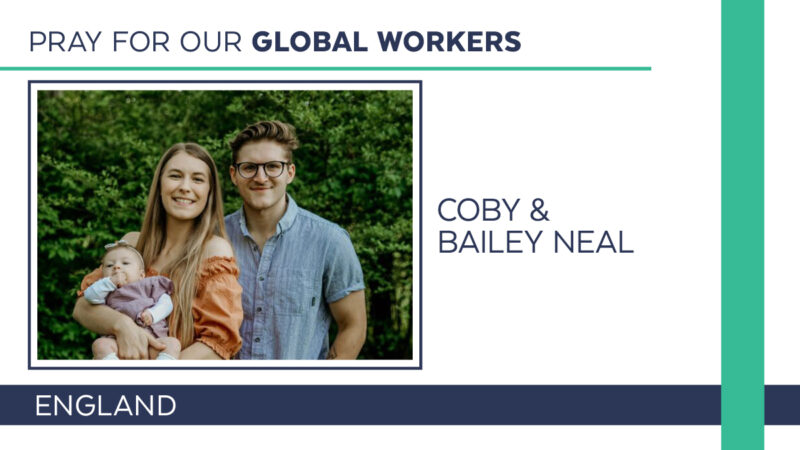In the shadowed corners of the world, whispers of faith rise from the persecuted church. Christians in these regions face unimaginable hardship, sustained only by their unwavering trust in Jesus. These environments of persecution represent some of the most difficult and dangerous places to reach with the gospel. Yet, our Global Workers—both long-term missionaries and short-term teams—are on the frontlines, tirelessly carrying out evangelism, discipleship, church planting, and humanitarian aid across numerous countries.
This year, we unite in prayer for those nations where the good news of Jesus has yet to be heard. Pray for God to prepare hearts to hear and receive the gospel, even in the face of adversity, and for believers around the world to be obedient to His call to go to these unreached people, regardless of the risk. Let us pray for strength, courage, and protection for those who serve in these hard places, trusting that God’s love will break through every barrier.

July 2025 | Praying for Evelyn
Middle East
Evelyn is faithfully serving among an unreached Muslim Arab people group in the Middle East—one of many communities where access to the gospel is extremely limited. In fact, this people group is part of the more than 7,200 unreached people groups worldwide who have little to no opportunity to hear about Jesus.
Sharing the gospel here requires deep cultural understanding, patience, and a long-term commitment to building trust. As a church family, we are committed to walking with Evelyn in prayer as she builds relationships and plants seeds of the gospel.
As you pray, ask God to:
- Equip Evelyn with clarity and endurance as she learns the local language
- Help her adjust to the culture and daily rhythms of life in her new home
- Open doors for friendship and gospel conversations with her neighbors
- Provide a strong, encouraging Christian community where she can grow and be refreshed
- Move in the hearts of this unreached people group, drawing them to Himself
You may never meet Evelyn or her neighbors—but your prayers can help bring the gospel to them.

Pray for Coby, Bailey, & Naomi Neal
Coby, Bailey, and Naomi Neal have been a part of our Lockeland Springs family for several years and are being sent out to engage the unreached refugee population in Birmingham, England. They will also minister to university students, young professionals, and families who live around them. Pray for this time of transition for their family, safe travels, and provision for funding and housing. Pray for strong relationships with ministry partners and for God to prepare the hearts of people they will encounter.
